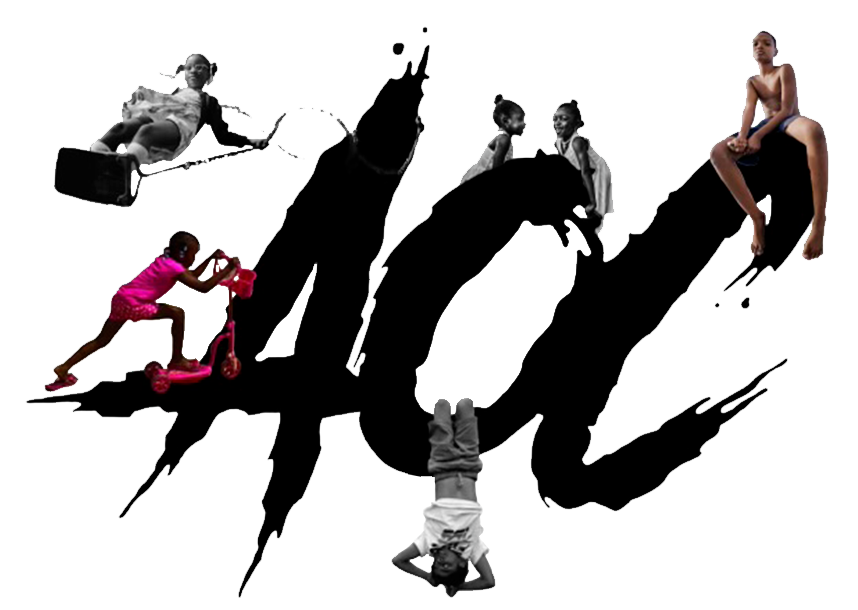Puberty is a natural and inevitable phase of human development. While it marks the transition from childhood to adolescence, it also brings about a whirlwind of physical, emotional, and psychological changes. These changes have a profound impact on children’s mental health, making it crucial for parents, educators, and caregivers to understand and support them during this transformative journey.
In this blog, we will explore how puberty affects children’s mental health and provide insights into fostering a positive environment to help them navigate this challenging period.
- Emotional Rollercoaster: As hormones surge during puberty, children may experience intense mood swings and emotions they’ve never encountered before. Feelings of anger, sadness, and anxiety may become more frequent, and it might be challenging for children to express or comprehend these emotions effectively. The emotional rollercoaster can lead to irritability and confusion, often leaving children feeling overwhelmed and isolated.
- Body Image and Self-Esteem: Physical changes during puberty can significantly impact a child’s body image and self-esteem. As their bodies transform, they may compare themselves to peers, celebrities, or societal beauty standards, leading to feelings of inadequacy and self-consciousness. Supporting children’s self-esteem during this time is vital to help them develop a healthy body image and a positive sense of self-worth.
- Peer Pressure and Social Dynamics: Puberty often coincides with an increased focus on social interactions and fitting in with peers. As children strive to find their identity and establish social connections, they might encounter peer pressure and experience the fear of rejection or exclusion. This can create anxiety and stress, further affecting their mental well-being.
- Academic Performance: Puberty can also impact a child’s academic performance. The emotional challenges they face may affect their concentration, focus, and ability to manage stress effectively. As a result, some children may experience a decline in their academic achievements, adding to their mental burdens.
- Coping Mechanisms: During puberty, children might experiment with different coping mechanisms to deal with their emotional turmoil. Some may engage in unhealthy behaviors, such as self-harm or substance abuse, to alleviate emotional pain. It is crucial for parents and caregivers to be vigilant and provide a safe space for children to discuss their emotions and explore healthy coping strategies
In conclusion, puberty is a transformative phase that significantly impacts children’s mental health. As parents, educators, and caregivers, our role is vital in supporting children through this rollercoaster of emotions and changes. By fostering open communication, validating their feelings, and providing a safe and supportive environment, we can help children navigate through this challenging period with resilience and emerge as confident and mentally healthy individuals.
Contact us for support in helping children’s mental health in Houston, TX & Dayton County
Children’s Mental Health Services in Texas
Accepting Medicaid & Private Insurance
Reach out
Hours: Monday-Friday 9-5PM
Serving: Houston & Dayton County
Address: 6671 SW Freeway, Suite 675, Houston TX 77074
learn more
Start Services
Insurance Accepted
Medicaid, Texas Children Health Plan, Superior Health Plan, Molina Healthcare, United Healthcare

